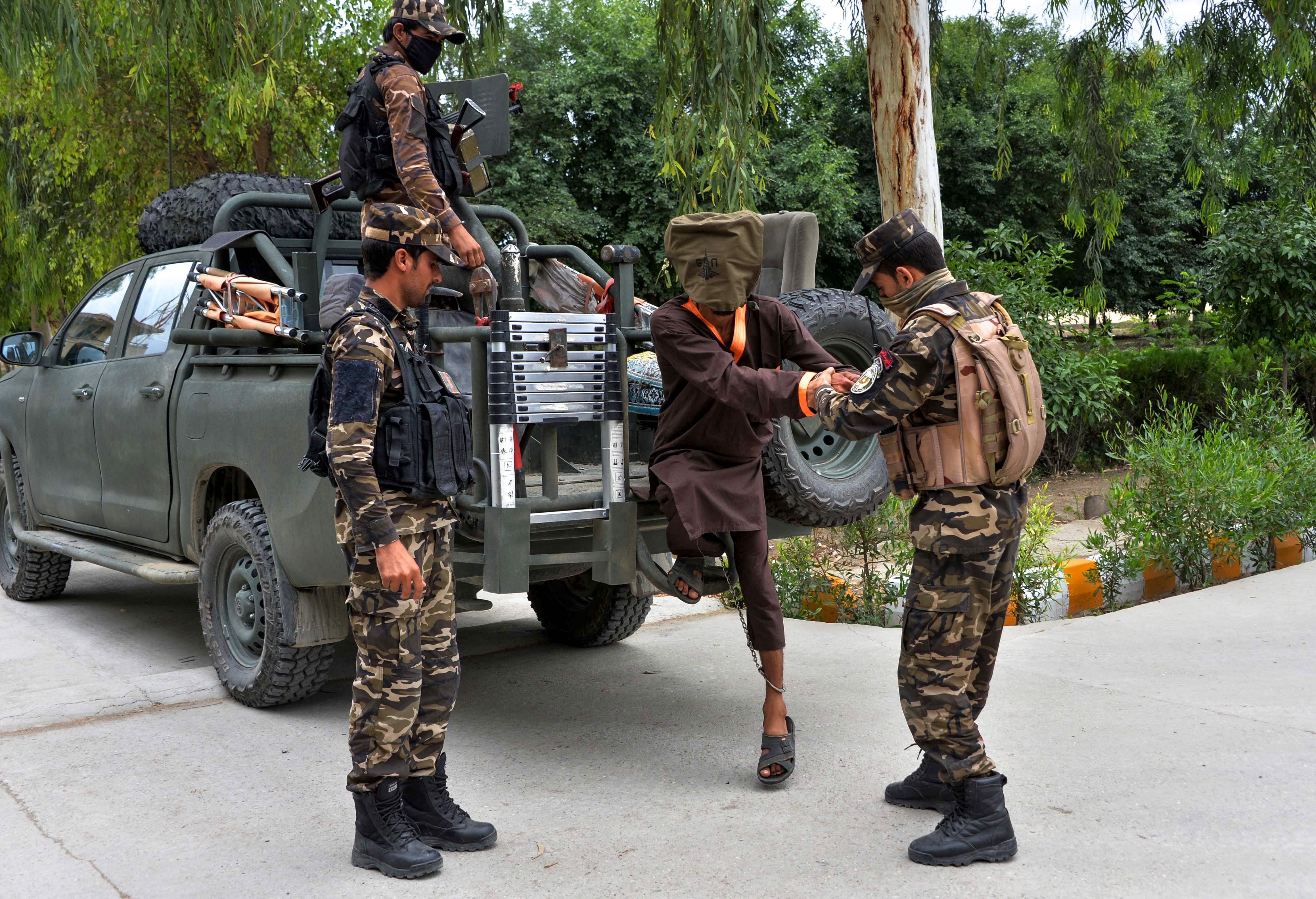
The Taliban is willing to meet Afghan officials but only on the question of releasing prisoners, the militant group said on Tuesday, as diplomats raised concern that a deadlock over the issue could jeopardise the Afghan peace process.
The prisoner release dispute has emerged as a fresh impediment to peace negotiations between the Islamist insurgents and the Afghan government that are to begin on March 10.
A prisoner swap arrangement was part of a U.S. troop withdrawal agreement between the United States and the Taliban signed on Saturday.
"The Taliban delegation has not met with the government delegation in Qatar, but authorities responsible for prisoners on both sides could meet to discuss the issue," the Taliban's Doha office spokesman, Suhail Shaheen, tweeted.
The U.S.-Taliban deal says the Afghan government will free up to 5,000 Taliban detainees by March 10. But a U.S.-Afghan declaration commits the Kabul government only to taking part in U.S.-brokered talks on the “feasibility” of such a release.
The Taliban spokesman in Afghanistan, Zabihullah Mujahid, told Reuters the prisoners' release was one of the few important points that took U.S. and Taliban negotiators a long time to agree upon.
But a day after the deal between the Taliban and United States was clinched in Doha, Afghan President Ashraf Ghani said the government of Afghanistan has made no commitment to free 5,000 Taliban prisoners.
The Taliban has said it will not begin talks with the Afghan government as envisaged in the agreement until the prisoner release takes place.
"Now it is in the agreement and it is up to the U.S. how it fulfils the commitments they made in the agreement. It is not our problem what is in the U.S.-Afghan government joint declaration," Mujahid said.
Some Western diplomats have raised concern that the impasse could jeopardise the peace process.
"If they postpone the talks then we will see a collapse of a deal. (U.S. President Donald) Trump doesn’t want that to happen at this juncture," one official who has been overseeing the negotiations for two years in Doha told Reuters.
The Afghan Independent Human Rights Commission expressed concern about the prisoner release matter in a letter to U.S. officials, the Taliban and the Afghan government.
The commission raised a number of questions, including on the record of activity of the individual Taliban prisoners and if they had been charged with carrying out violent crimes against civilian and military targets.